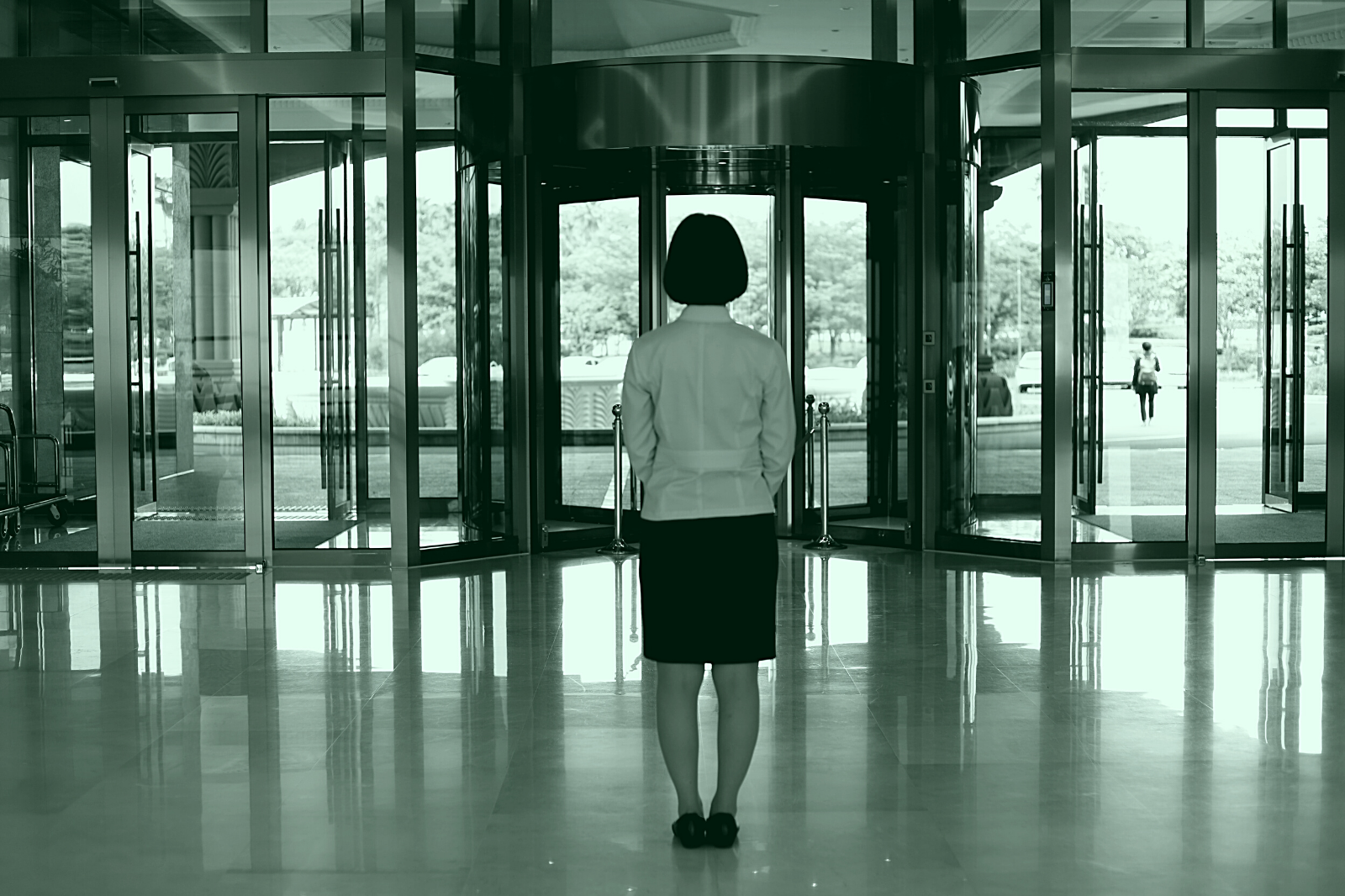It’s been a strange year in the world of recruitment. Some trends, like the rise in demand for talent with hybrid skill sets, and the drop in salary package offerings were the predictable result of employers having to grapple with a smaller budget as the Australian economy battened down the hatches. Other trends have come as a little bit of surprise.
A recent trend that has caught me off guard is the drop in job application numbers I have been receiving over the past month. At first, I was puzzled. Since the beginning of COVID, my inbox had been flooded with the resumes of retrenched talent, often applying for roles that were far below their experience level and salary expectations. However, now that my clients are beginning to hire again I’m finding it a challenge to attract the right calibre of talents to the role. In fact, I’d go as far as to say that it has never been harder to find the right person for the job.
Gun-shy job seekers
Traditionally, 80% of the talent in my talent pool is what I like to call ‘passive job seekers’. These are talents who are currently employed but like to keep their ear to the ground and wait for the right opportunity to come along before they make their next career move. Another 5% of my talent is sourced through headhunting, where I’ll go in search of talent with the right combination of skills and offer them a role with an extra $5-$10K on top of their current salary, or the opportunity to work on some seriously sexy, career-defining brands. The pandemic has more or less wiped out these jobseekers; not because they have lost their jobs, but because they have become gun-shy about taking up new opportunities.
A new kind of anxiety
‘Last one in, first one out ‘ anxiety is what I’ve started calling this trend. When I ask talent in my network why they aren’t interested in taking on a new role, they express concern about starting a job in the COVID economy as they are worried that if things take a turn for the worse, employers will retrench new employees first. Most talents who adopt this mindset tell me they are planning on ‘waiting it out’ until the market improves, regardless of whether or not they are happy in their current role, even if the role I’m offering is their dream job. This is a recruiter’s worst nightmare.
The upside of talent adopting this mentality is that the odds have drastically improved for people currently in between jobs such as those who have lost their jobs due to COVID-19, expats returning home from abroad and parents coming off maternity leave. The downside is that a lot of talented people are now allowing fear to dictate their career choices.
The outdated LIFO principle
It’s interesting to me that job seekers have latched onto the last in first out principle. The LIFO approach is just one of many HR principles that can be used by employers when determining layoffs, and it’s actually a little bit outdated. Laying off employees based solely on their length of service has two main strengths; the first is that the company is seen to be rewarding more established employees for their loyalty and service by protecting their jobs in times of economic downturn. The second (and more influential) benefit is financial. If redundancies have to be made, it’s going to cost the company less in the short term if they give a redundancy package to the employee who has been there six months, instead of the employee who has been there for 10+ years.
However, in the 2020 job market, the LIFO principle doesn’t hold as much sway as it once did. For one, laying off staff based on the length of their service can in some circumstances contravene the workplace discrimination act. Another factor that is relevant to the PR, digital and advertising industries is turnover. Professionals in these industries typically don’t stay with one company for more than five years, choosing instead to explore new opportunities. Because of this, companies in these industries are rarely (if ever) faced with instances where they are paying out a redundancy package for an employee with 20 years of service.
Strategically speaking, LIFO is also not financially sensible in the long term. When companies create new roles, it’s typically because their business has a new set of needs that require a different skill set to those offered by their current employees. In addition to this, in the fast-paced industries where I work, agencies are always on the hunt for new blood to keep their business offerings innovative and fresh. When you look at it this way, the idea that a company would let go of an innovative and necessary new member of staff is nonsensical.
Don’t let fear dictate your career
LIFO logic aside, you should never let fear be a driving factor in the choices you make. If you are unhappy in your current role, or if you come across a job opportunity that is the logical next career step, I urge you to take the risk. There is no knowing when the market will improve and waiting for external forces to change before you make your move limits your options and makes it hard to feel like you have any real power over your career or life for that matter. So please, take that leap of faith.


